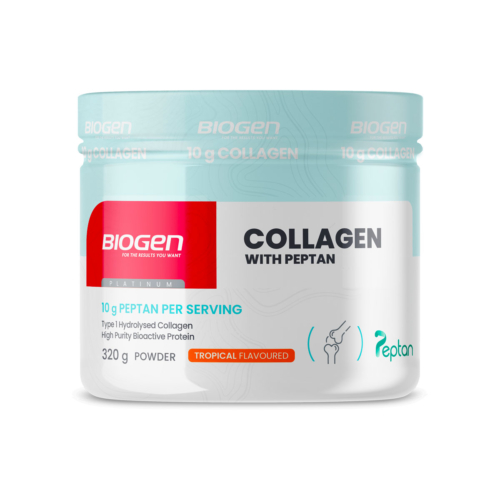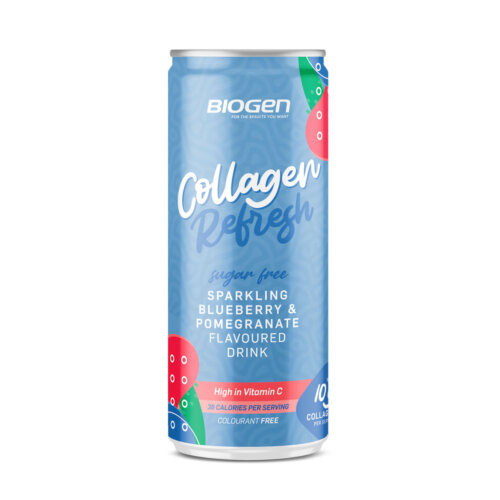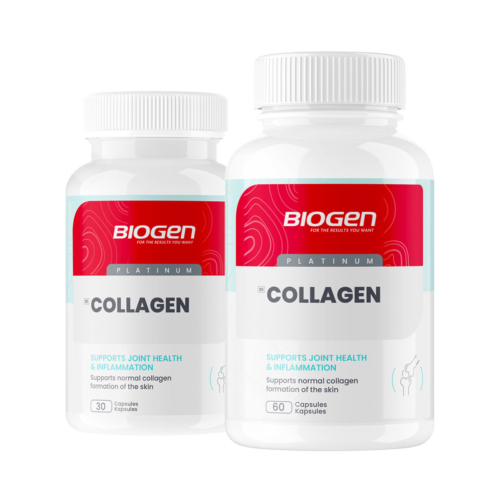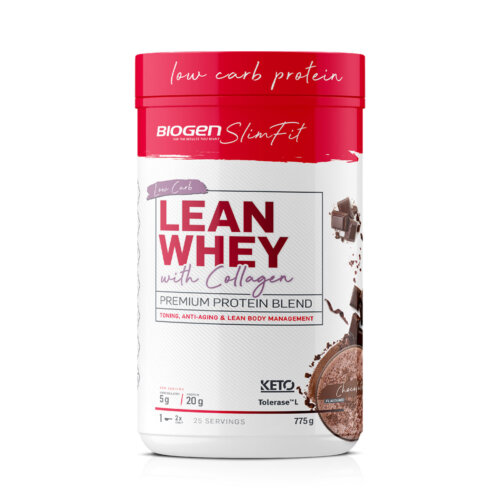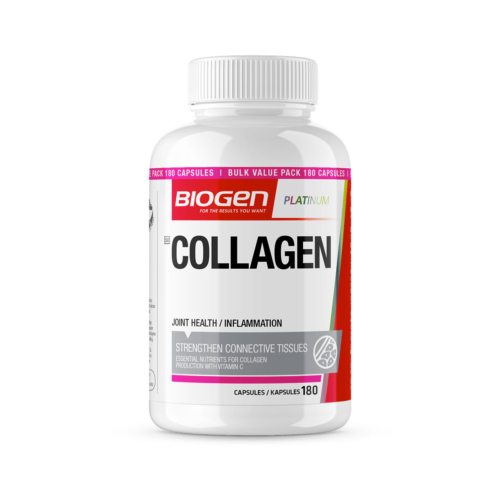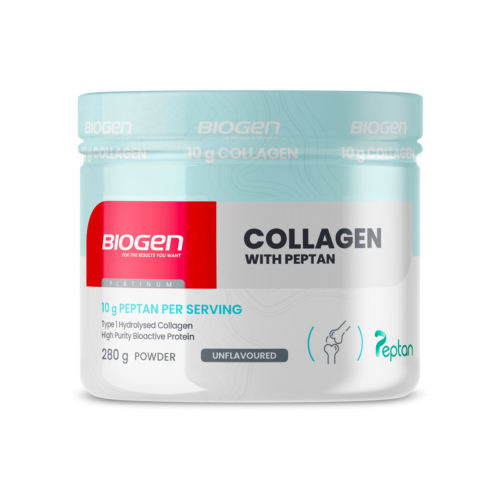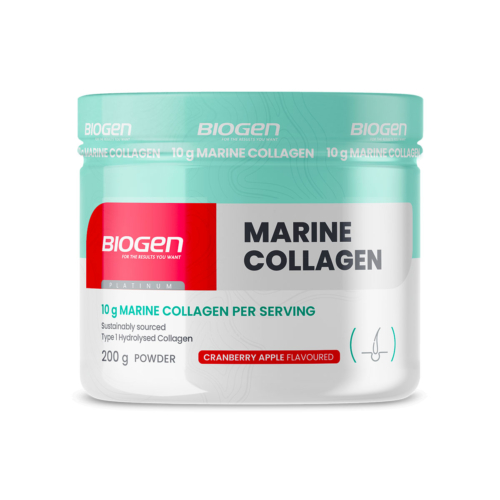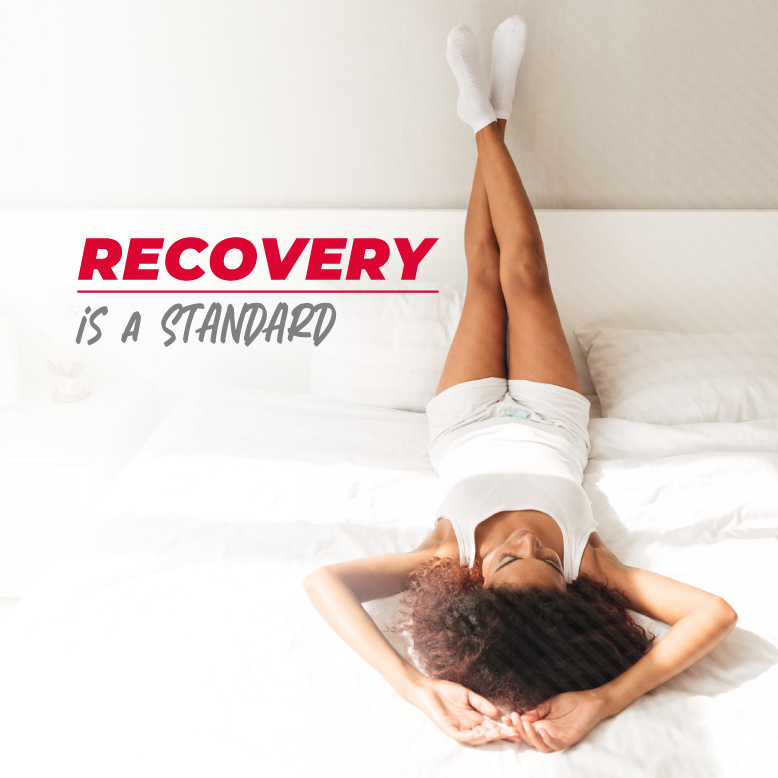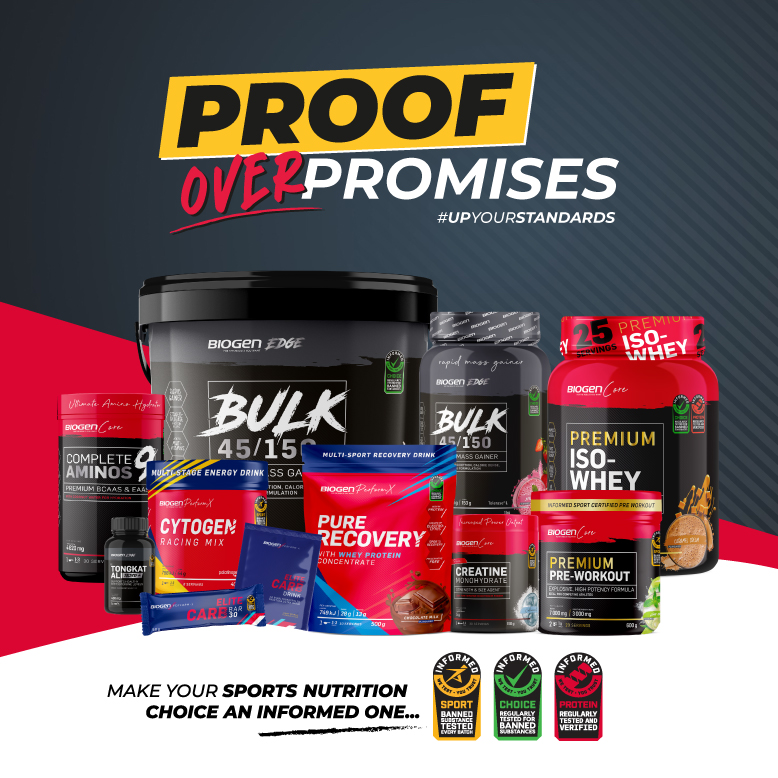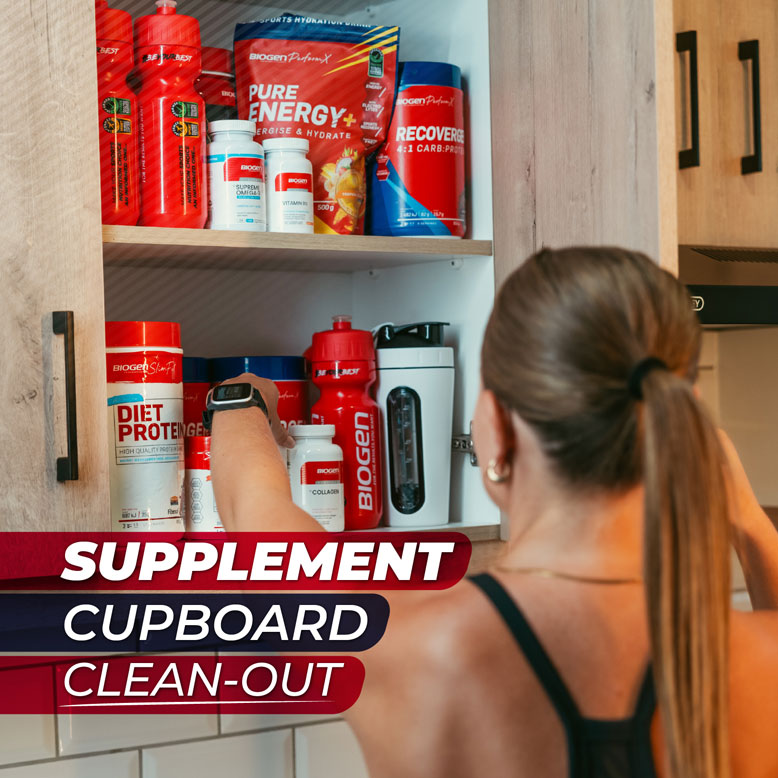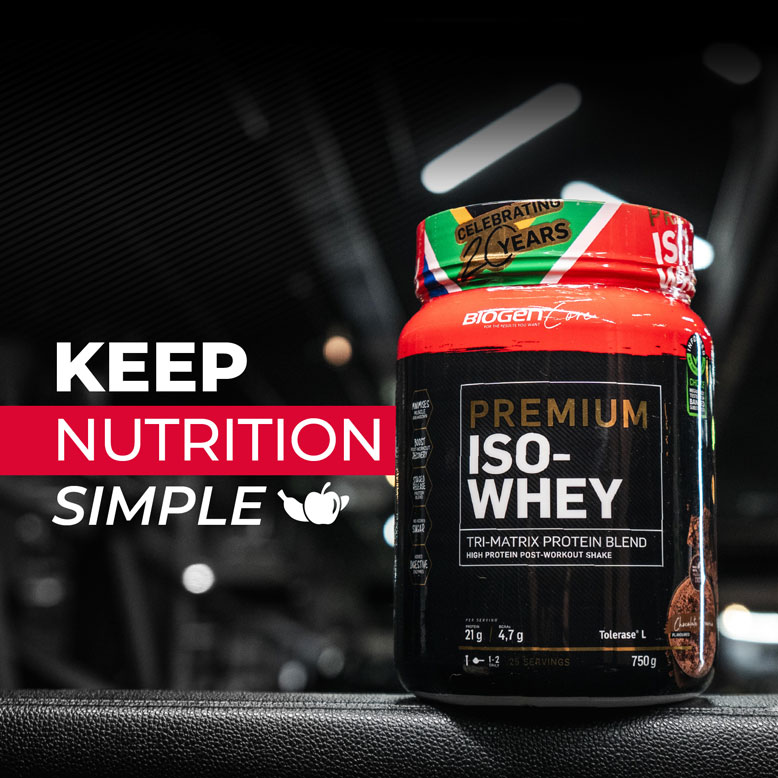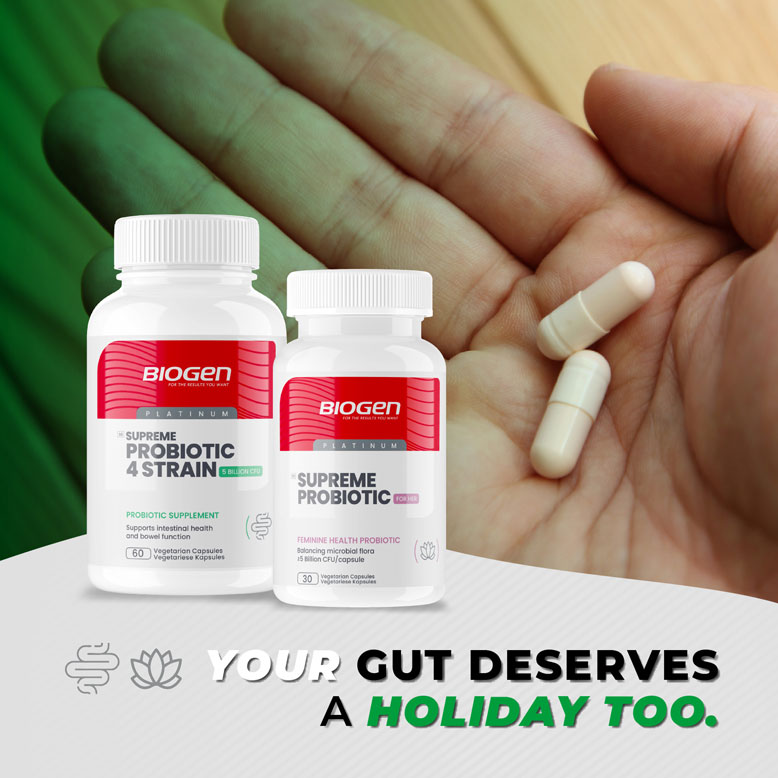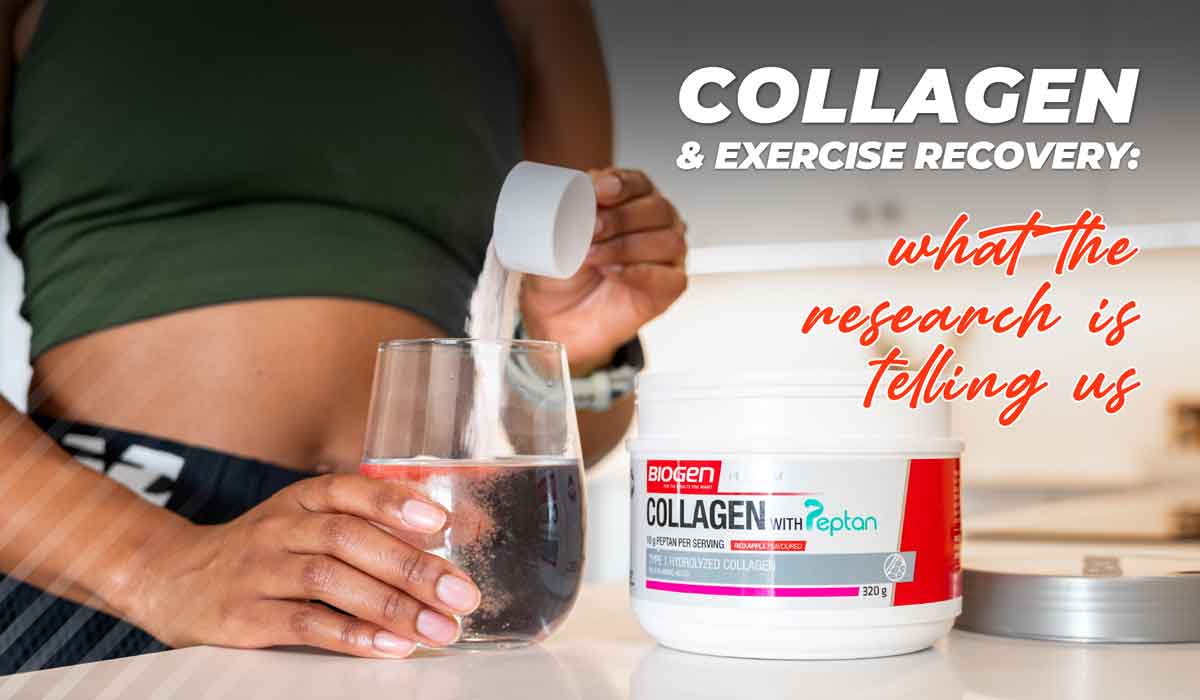
The Role of Collagen and Exercise Recovery in Muscle Repair and Joint Health
When it comes to supporting connective tissue and joint health, we know that a collagen supplement ticks all the boxes, but did you know if can also support your recovery from intense exercise?
Hydrolysed collagen is a popular product because it has been broken down into smaller, more easily digestible peptides (short chains of amino acids). These peptides are easily transported in the blood and absorbed to produce new, healthy tendons and bone and skin tissue.
These peptides also accumulate in cartilage, where they stimulate the natural production of cartilage cells called chondrocytes to support joint health and function.
A product like Biogen Collagen with Peptan contains Peptan, a type-1 hydrolysed collagen. This Peptan is a high-purity natural bioactive product that contains more than 97% protein (on a dry weight basis), supplied in a form that can be easily used and digested by the human body.
Anti-inflammatory effects
The glycine and proline concentration in Peptan is also 10-20 times higher than in other proteins. This is beneficial because these amino acids have a natural anti-inflammatory effect¹.
In this regard, animal studies have shown that collagen may reduce pro-inflammatory markers like TNF-alpha², which is important because reduced inflammation can accelerate recovery and support long-term joint and muscle health.
Support muscle growth and repair
The amino acids in collagen peptides, like glycine, proline, and hydroxyproline, are also key to creating muscle tissue, especially when combined with weight training.
A 2019 study published in Nutrients supports the role collagen plays in muscle formation. The researchers found that collagen supplementation, when combined with resistance training, improved body composition and muscle strength in older men³.
In an effort to understand how collagen influences recovery and supports muscle growth following “eccentric exercise-induced muscle damage”, a different group of researchers looked at the longer-term effects of collagen peptide supplementation combined with weight training.
The study⁴ results showed that combining specific collagen peptide supplementation and concurrent training over 12 weeks “significantly improved markers reflecting recovery, specifically in maximal, explosive, and reactive strength.”
Based on these findings, the researchers hypothesised that taking collagen peptides during prolonged training blocks “may support muscular adaptations by facilitating remodelling of the extracellular matrix. This, in turn, could enhance the generation of explosive force.”
Reduced muscle soreness
This ability to support muscle repair is also the reason why collagen peptides may help to reduce delayed onset muscle soreness (DOMS).
An integrative review⁵ that consolidated evidence from eight studies, which collectively included 286 participants (130 received a collagen peptide supplement, while 171 received a placebo or control), looked at the effects of collagen peptide or hydrolysed collagen supplementation on muscle damage and recovery.
Based on the analysis, the research team concluded that the available evidence “supports the potential of collagen peptide supplementation to mitigate muscle stress from acute strenuous resistance training.”
Findings from a 2019 study⁶ support this view. The study measured markers of muscle damage, inflammation and bone turnover to determine whether consuming collagen peptides before and after strenuous exercise offered any benefit and found some improvements to recovery and muscle soreness.
Improve skin condition
While this final benefit does not directly affect recovery, it boosts the positive effects that exercise has on your skin, particularly as intense training can lead to dehydration and oxidative stress that affects skin elasticity.
Multiple studies, including a 2014 trial in Skin Pharmacology and Physiology⁷, have shown that collagen peptides improve skin elasticity, hydration, and density.
While better skin health might not offer a performance or recovery benefit, it’s a welcome bonus, especially for those who train outdoors or experience additional stress.
Taking collagen
For the best results related to muscle recovery and reduced muscle soreness, take collagen 30–60 minutes before your workout, ideally with vitamin C to boost absorption.
Ideal sources for enhanced bioavailability include powder products like Biogen Collagen with Peptan or Biogen Marine Collagen, which is a type-I collagen derived from fish skin and fish scales that is absorbed more quickly than other collagen sources.
Each serving contains 10g of hydrolysed fish collagen and 18 amino acids, which makes this extremely potent and efficient collagen product to support joint and connective tissue production.
The typical recommended daily dosage is 10–20g of hydrolysed collagen peptides, but always stick to label recommendations.
If you’re looking to improve your recovery, collagen supplementation is a safe, science-supported option. From reducing joint pain to promoting muscle repair and even enhancing skin health, collagen offers multiple benefits for active individuals.
Always consult your healthcare provider before starting any new supplement, especially if you’re taking medications, have dietary restrictions or health concerns.
References:
- Aguayo-Cerón KA, Sánchez-Muñoz F, Gutierrez-Rojas RA, Acevedo-Villavicencio LN, Flores-Zarate AV, Huang F, Giacoman-Martinez A, Villafaña S, Romero-Nava R. Glycine: The Smallest Anti-Inflammatory Micronutrient. Int J Mol Sci. 2023 Jul 8;24(14):11236. doi: 10.3390/ijms241411236. PMID: 37510995; PMCID: PMC10379184.
- Liu Y, et al. (2018). Fish collagen peptides modulate gut microbiota composition and alleviate colitis in mice. Food Funct. https://doi.org/10.1039/C8FO00218K.
- Zdzieblik D, Oesser S, Gollhofer A, König D. (2019). Collagen peptide supplementation in combination with resistance training improves body composition and increases muscle strength in elderly sarcopenic men: A randomized controlled trial. Nutrients. https://doi.org/10.3390/nu11020373.
- Bischof K, Stafilidis S, Bundschuh L, Oesser S, Baca A and König D (2023) Influence of specific collagen peptides and 12-week concurrent training on recovery-related biomechanical characteristics following exercise-induced muscle damage—A randomized controlled trial. Front. Nutr. 10:1266056. doi: 10.3389/fnut.2023.1266056.
- Inacio, P.A.Q.; Gomes, Y.S.M.; de Aguiar, A.J.N.; Lopes-Martins, P.S.L.; Aimbire, F.; Leonardo, P.S.; Sá Filho, A.S.; Lopes-Martins, R.A.B. The Effects of Collagen Peptides as a Dietary Supplement on Muscle Damage Recovery and Fatigue Responses: An Integrative Review. Nutrients 2024, 16, 3403. https://doi.org/10.3390/nu16193403.
- Clifford T, Ventress M, Allerton DM, Stansfield S, Tang JCY, Fraser WD, Vanhoecke B, Prawitt J, Stevenson E. The effects of collagen peptides on muscle damage, inflammation and bone turnover following exercise: a randomized, controlled trial. Amino Acids. 2019 Apr;51(4):691-704. doi: 10.1007/s00726-019-02706-5. Epub 2019 Feb 19. PMID: 30783776.
- Proksch E, et al. (2014). Oral supplementation of specific collagen peptides has beneficial effects on human skin physiology: a double-blind, placebo-controlled study. Skin Pharmacol Physiol. https://doi.org/10.1159/000355523.


